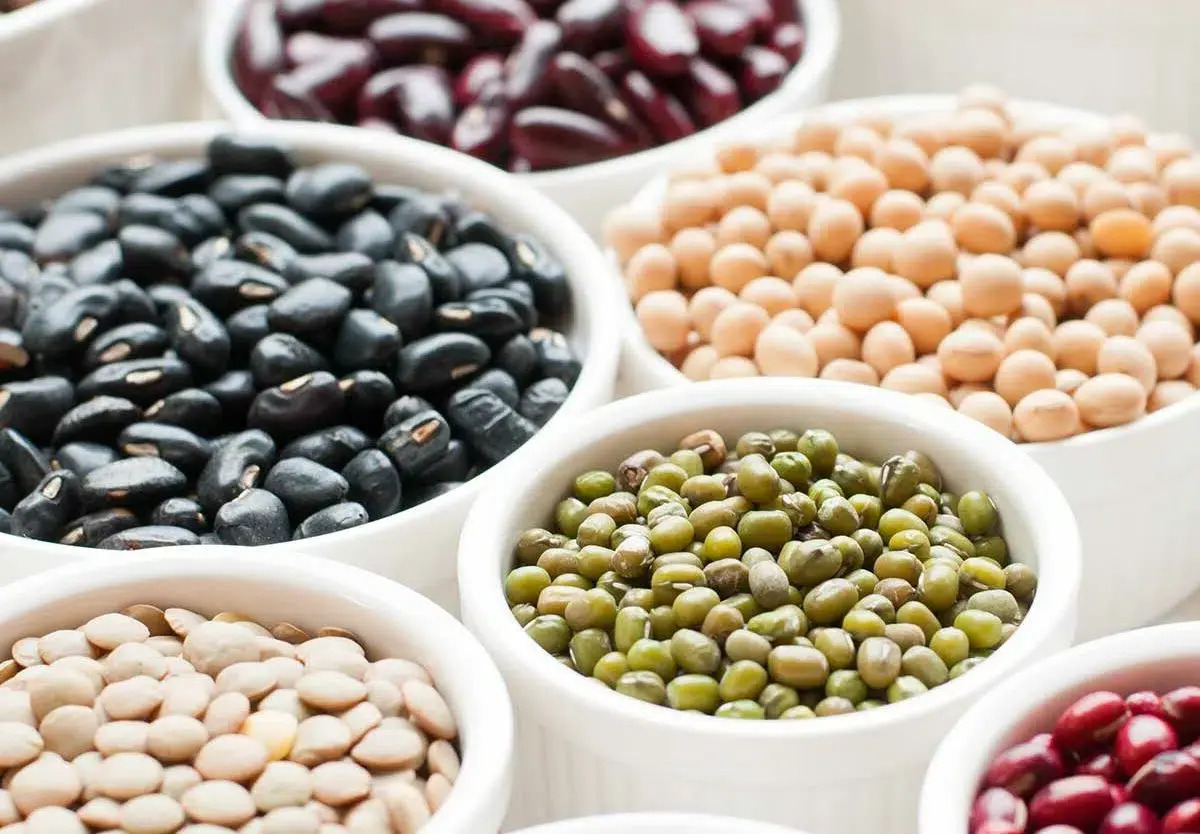
When it comes to culinary delights, ducks are a fascinating and versatile ingredient. Not only are they rich in flavor and texture, but they also offer a range of health benefits. Whether it’s in the form of succulent roast duck, crispy duck confit, or tender duck breast, this delightful bird has long been a favorite in the world of gastronomy. In this article, we will explore 20 interesting facts about ducks that will not only quack you up but also deepen your appreciation for these remarkable creatures. From their unique anatomical features to their diverse habitats, we will delve into the world of ducks and uncover intriguing details along the way. So, grab your chef’s hat and prepare to be amazed by the remarkable world of ducks!
Key Takeaways:
- Ducks are amazing aquatic birds with webbed feet and waterproof feathers, found on every continent except Antarctica. They have a varied diet, can reach speeds of up to 55 miles per hour, and play an important role in the ecosystem.
- Ducks are social animals that travel in flocks, build nests on the ground or in trees, and have a unique vocalization called a “quack.” They are popular game birds and have been domesticated for thousands of years, providing eggs, meat, and feathers.
Ducks are aquatic birds.
Ducks are well-adapted to living in water, with their webbed feet and waterproof feathers.
There are over 120 different species of ducks.
From the Mallard to the Wood Duck, ducks come in a variety of sizes and colors.
Ducks are found on every continent except Antarctica.
These versatile birds have managed to thrive in diverse habitats around the world.
Ducks have a specialized bill called a “serrated” bill.
This unique feature helps them filter food from the water, such as small insects and plants.
Ducks are excellent swimmers and can dive underwater.
They use their webbed feet and paddle-like legs to propel themselves through the water with ease.
Ducks are social animals and often travel in flocks.
This behavior provides them with safety in numbers and enhances their chance of finding food.
Ducks are omnivores.
They have a varied diet consisting of plants, seeds, insects, small fish, and even crustaceans.
Ducks have a unique gland that produces oil to keep their feathers waterproof.
This oil is spread across their feathers during preening, allowing them to stay buoyant and dry while swimming.
Male ducks are called “drakes,” while females are called “hens.”
Drakes often have colorful plumage, while hens have more subdued feathers for camouflaging during nesting.
Ducks are migratory birds.
They travel long distances to find suitable breeding and feeding grounds.
Ducks are excellent flyers and can reach speeds of up to 55 miles per hour.
Their strong wing muscles and streamlined bodies allow for efficient flight.
Ducks build nests on the ground or in trees.
Females lay their eggs in the nest and incubate them until they hatch.
Ducklings are born precocial.
They are capable of walking and swimming shortly after hatching.
Ducks have a unique vocalization called a “quack.”
This sound is mainly produced by female ducks and is used for communication.
Ducks have a third eyelid called a “nictitating membrane.”
This transparent membrane helps protect their eyes while swimming and diving.
Ducks have a lifespan of around 5-10 years in the wild.
However, some species of ducks can live up to 20 years or more in captivity.
Ducks are popular game birds.
They are hunted for sport and their meat is considered a delicacy in many cuisines.
Ducks have been domesticated for thousands of years.
Domestic ducks are commonly raised for their eggs, meat, and feathers.
Ducks play an important role in the ecosystem.
They help control insect populations, disperse plant seeds, and provide food for other animals.
Ducks are fascinating creatures that captivate our attention and awe.
Their beauty, adaptability, and unique behaviors make them a beloved subject of study and admiration.
Conclusion
Ducks are fascinating creatures with a rich history and numerous interesting facts. From their unique anatomy to their impressive cognitive abilities, ducks continue to capture our imagination. Whether you’re a wildlife enthusiast or simply curious about these water-loving birds, learning more about ducks can be both educational and entertaining. So, the next time you come across a duck while strolling by a pond or reading about them in a book, remember these 20 fascinating facts about ducks and appreciate the wonders of nature.
FAQs
Q: What is the lifespan of a duck?
A: The lifespan of a duck can vary depending on the species, but on average, most ducks live between 5 and 10 years in the wild.
Q: Do ducks migrate?
A: Yes, many duck species are migratory, moving to more favorable climates in search of food and breeding grounds.
Q: What do ducks eat?
A: Ducks are omnivorous and have a varied diet that includes aquatic plants, insects, small fish, and invertebrates.
Q: Can ducks fly?
A: Yes, ducks are capable of flying. While some species are stronger fliers and migrate long distances, others have more limited flight abilities.
Q: How do ducks stay warm in cold weather?
A: Ducks have a layer of waterproof feathers that provide insulation and keep them warm in cold water or climates.
Q: Are ducks social animals?
A: Ducks are generally social animals and can be found in groups or pairs, depending on the species and the time of year.
Q: How do ducks communicate?
A: Ducks use various vocalizations, body movements, and visual displays to communicate with each other.
Q: Can ducks swim underwater?
A: Ducks are well adapted for swimming and can dive underwater to search for food, although they don’t stay underwater for long periods.
Q: Do ducks have natural predators?
A: Yes, ducks have natural predators such as foxes, raccoons, snakes, and larger birds of prey.
Q: Are ducks monogamous?
A: Some species of ducks are monogamous and mate for life, while others form new pairs each breeding season.
Was this page helpful?
Our commitment to delivering trustworthy and engaging content is at the heart of what we do. Each fact on our site is contributed by real users like you, bringing a wealth of diverse insights and information. To ensure the highest standards of accuracy and reliability, our dedicated editors meticulously review each submission. This process guarantees that the facts we share are not only fascinating but also credible. Trust in our commitment to quality and authenticity as you explore and learn with us.


